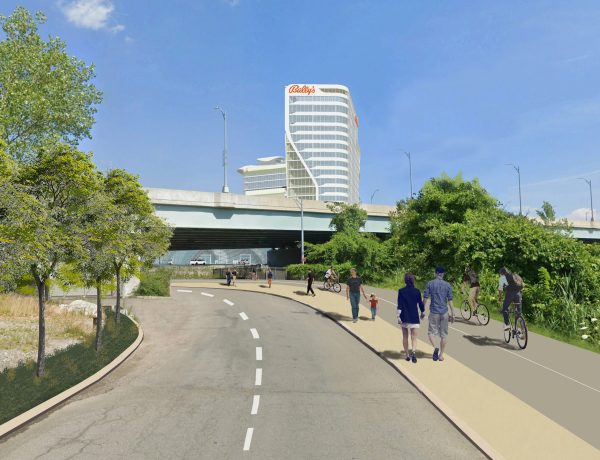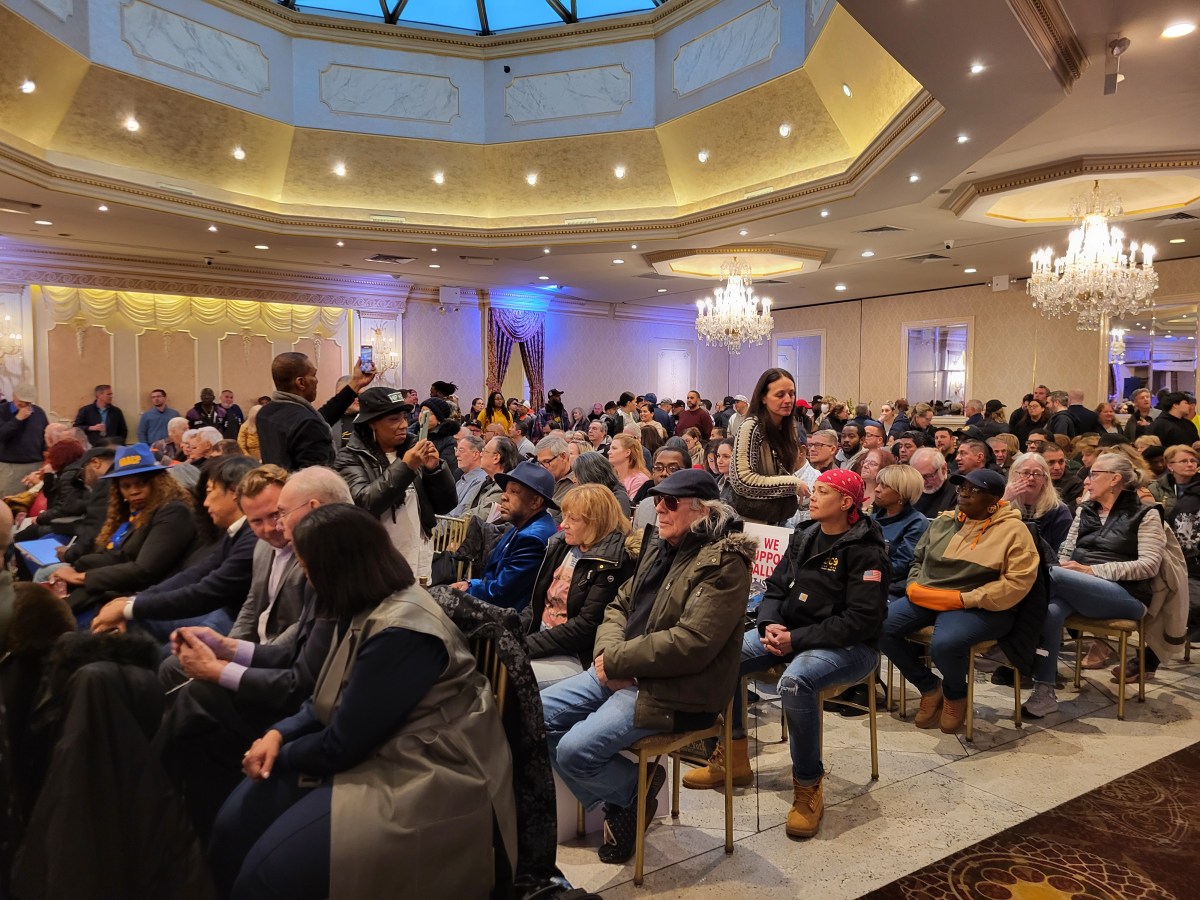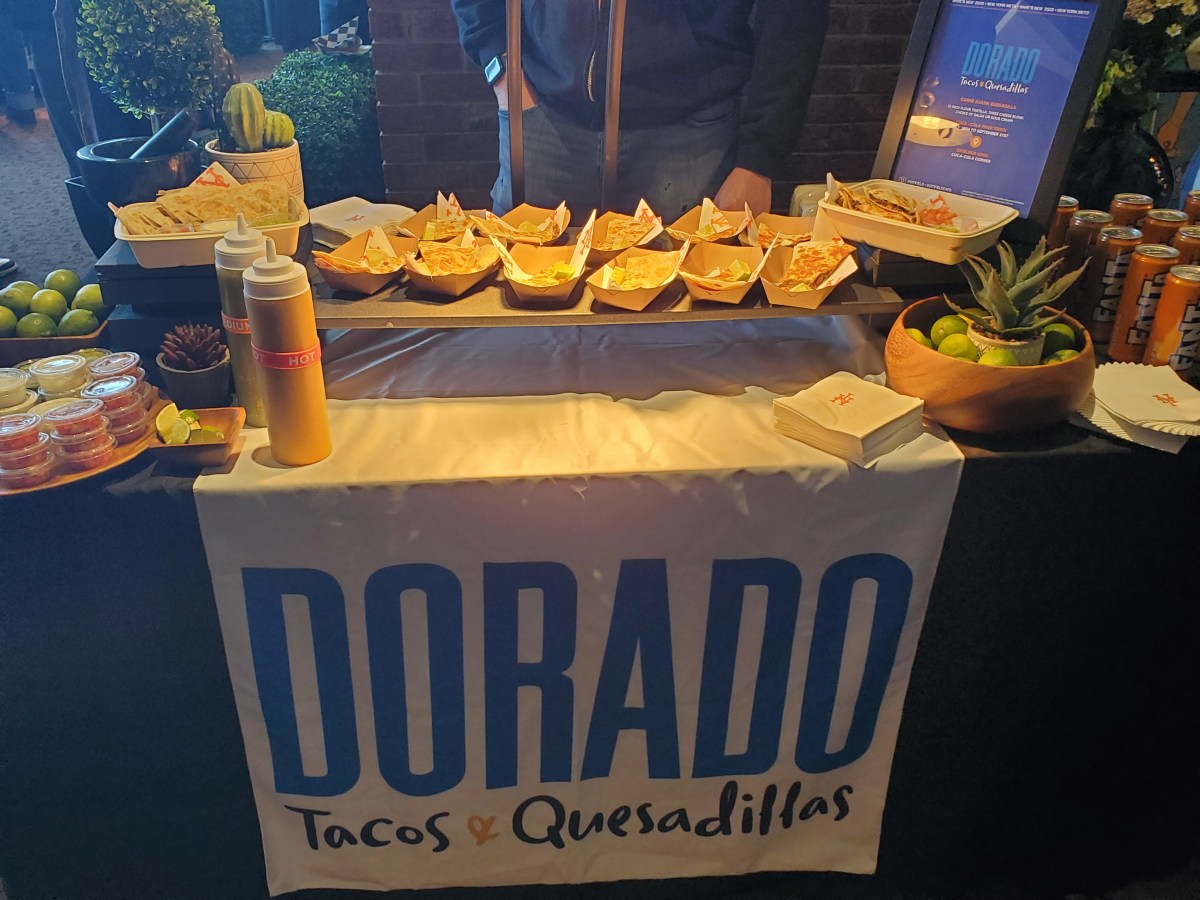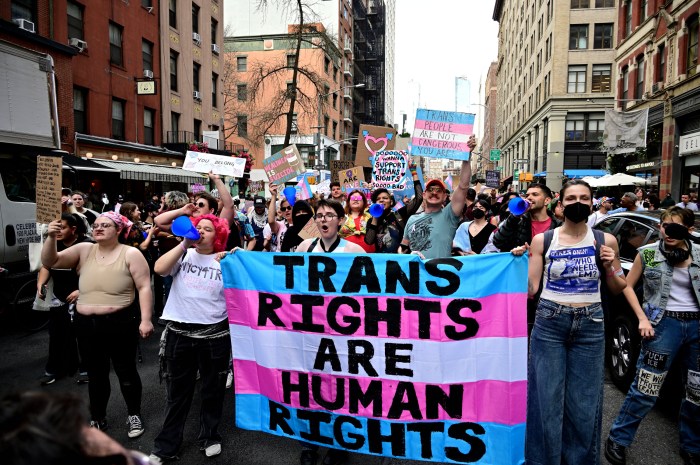Mayor Bill de Blasio encouraged city property owners to prepay their taxes before deduction limits change under the GOP’s new federal tax plan.
“We understand that this is going to make for a tough situation for many people who are already struggling to make ends meet,” de Blasio said during a Thursday news conference about New Year’s Eve security. “We want to lighten that burden any way we can.”
More than 4,500 people have called the city’s 311 line to ask about prepaying their taxes — about three times the number who called last year.
City Hall officials said the majority of city property taxes — about 80 percent — are paid online. They can also be paid via mail or in person at the city Department of Finance Business Centers in each of the five boroughs.
Officials said there has not been a marked increase in the number of customers at those centers, and there is no current plan to add hours or staff.
New York City property owners have always had the ability to prepay their taxes, which run on the fiscal year of July 1, 2017, through June 30, 2018.
People who pay the remainder of their tax bill by Jan. 1, 2018, can deduct it from their 2017 taxes.
They cannot prepay any taxes for the rest of the 2018 calendar year. New York City property tax bills for the 2019 fiscal year, which runs from July 1, 2018, through June 30, 2019, will not be available until June 2018.
Under the tax plan recently signed by President Donald Trump, property tax deductions will be capped at $10,000 starting with 2018 taxes.
De Blasio urged property owners to check with their accountants before deciding whether to pay their taxes early.
“Our phones have been ringing off the hook,” said Wayne Berkowitz, a partner in charge of state and local taxes at Berdon LLP, an accounting firm. “Essentially people are trying to see if they can get a benefit in 2017 for taxes that they may have normally paid in 2018. And in some cases the answer is easy; in other cases, it’s unclear.”
Bob Friedrich, president of the Glen Oaks Village co-op board, said the large Queens garden apartment development decided against prepaying their taxes, which amounted to about $2.5 million for the rest of the fiscal year.
“We talked about it, and we decided it would not be beneficial to the vast majority of co-op owners in this community,” said Friedrich, who is also an accountant. “This is a working class, middle-income community. The vast majority of people are going to benefit from the tax reform bill regardless of whether we prepay taxes or not. We are going to keep that money in our bank account and pay it when it’s due.”
With Vincent Barone, Sarina Trangle and Laura Figueroa Hernandez



































